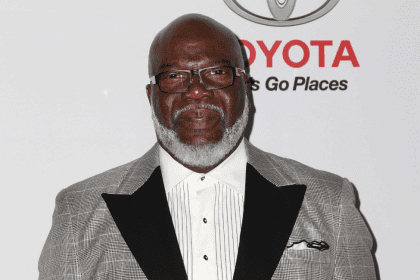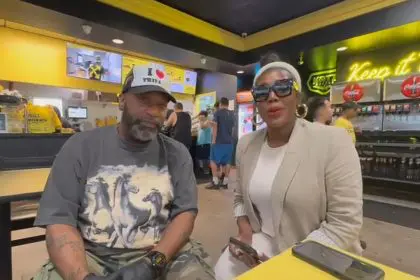Historically Black Colleges and Universities (HBCUs) have long been beacons of excellence and opportunity for Black students. Their rich cultures, vibrant communities and strong academic programs have nurtured generations of leaders and changemakers. But the impact of an HBCU education extends far beyond the classroom walls. HBCUs offer a unique and powerful advantage to their students and alumni: a vast and interconnected network of support that can be instrumental in navigating the complexities of the professional world.
This network, woven from generations of shared experiences, transcends mere professional affiliations. It is a network built on trust, shared understanding, and a deep commitment to the advancement of Black communities. Through alumni associations, mentorship programs and professional organizations, HBCU graduates gain access to invaluable resources, guidance and opportunities that can significantly accelerate their career journeys.
From connecting with seasoned professionals in their chosen fields to receiving expert career advice and exploring internship and job opportunities, HBCU graduates leverage this network to navigate career transitions, secure coveted positions and achieve their professional aspirations. This network also fosters a sense of belonging and community, providing a vital support system that empowers individuals to overcome challenges and reach their full potential.
Image of an HBCU campus: full of life and energy
For Black students and professionals, navigating the often complex and challenging landscape of the workforce can be particularly difficult. Systemic barriers, unconscious bias and a lack of representation can make it harder to break into desired fields and climb the career ladder. This is where the HBCU network comes in.
The Strength of the HBCU Network
The HBCU network is an extensive ecosystem of individuals and organizations connected by their shared HBCU experience. This network includes alumni, faculty, staff, students and supporters, all of whom are dedicated to helping each other succeed. The network provides access to:
- Mentorship: HBCU alumni often go out of their way to mentor younger students and graduates. This mentorship can provide invaluable guidance, support and insights into navigating the world of work.
- Job opportunities: HBCUs often have strong relationships with companies and organizations looking to recruit diverse talent. This can give HBCU students and alumni a significant edge in the job market.
- Professional development: HBCUs offer a wide range of professional development programs and workshops, designed to help students and alumni develop the skills and knowledge they need to succeed in their careers.
- Networking opportunities: HBCUs host numerous networking events, conferences and workshops, providing opportunities to connect with other professionals and build valuable relationships.
How to Leverage the HBCU Network
So, how can you leverage the HBCU network to your advantage? Here are a few tips:
- Get involved: The more involved you are with your HBCU community, the more you will benefit from the network. Attend alumni events, volunteer your time and stay connected with your classmates and professors.
- Connect with alumni: Use online platforms like LinkedIn and Facebook to connect with HBCU alumni in your field. Reach out to them for informational interviews and advice.
- Take advantage of resources: Explore the career services offered by your HBCU. Attend workshops, career fairs and networking events.
- Build relationships: The HBCU network is all about relationships. Take the time to get to know people and build genuine connections. Offer your help and support to others in the network.
Examples of Success
There are countless examples of HBCU graduates who have leveraged the network to achieve great success in their careers. Here are a few:
- Oprah Winfrey: The iconic media mogul attended Tennessee State University, where she developed her skills and gained valuable experience in broadcasting.
- Ursula Burns: The former CEO of Xerox Corporation graduated from Spelman College, where she was mentored by influential leaders in the business world.
- Kenneth Chenault: The former CEO of American Express graduated from Morehouse College, where he was connected to a network of successful Black professionals.
These are just a few examples of the many HBCU graduates who have achieved great things in their careers. By leveraging the HBCU network, you, too, can achieve your career goals and make a positive impact on the world.
In conclusion, the HBCU network is a powerful tool that can help students and alumni achieve their career goals. By getting involved, connecting with others and taking advantage of available resources, you can unlock the full potential of the network and build a successful career.
This story was created using AI technology.















